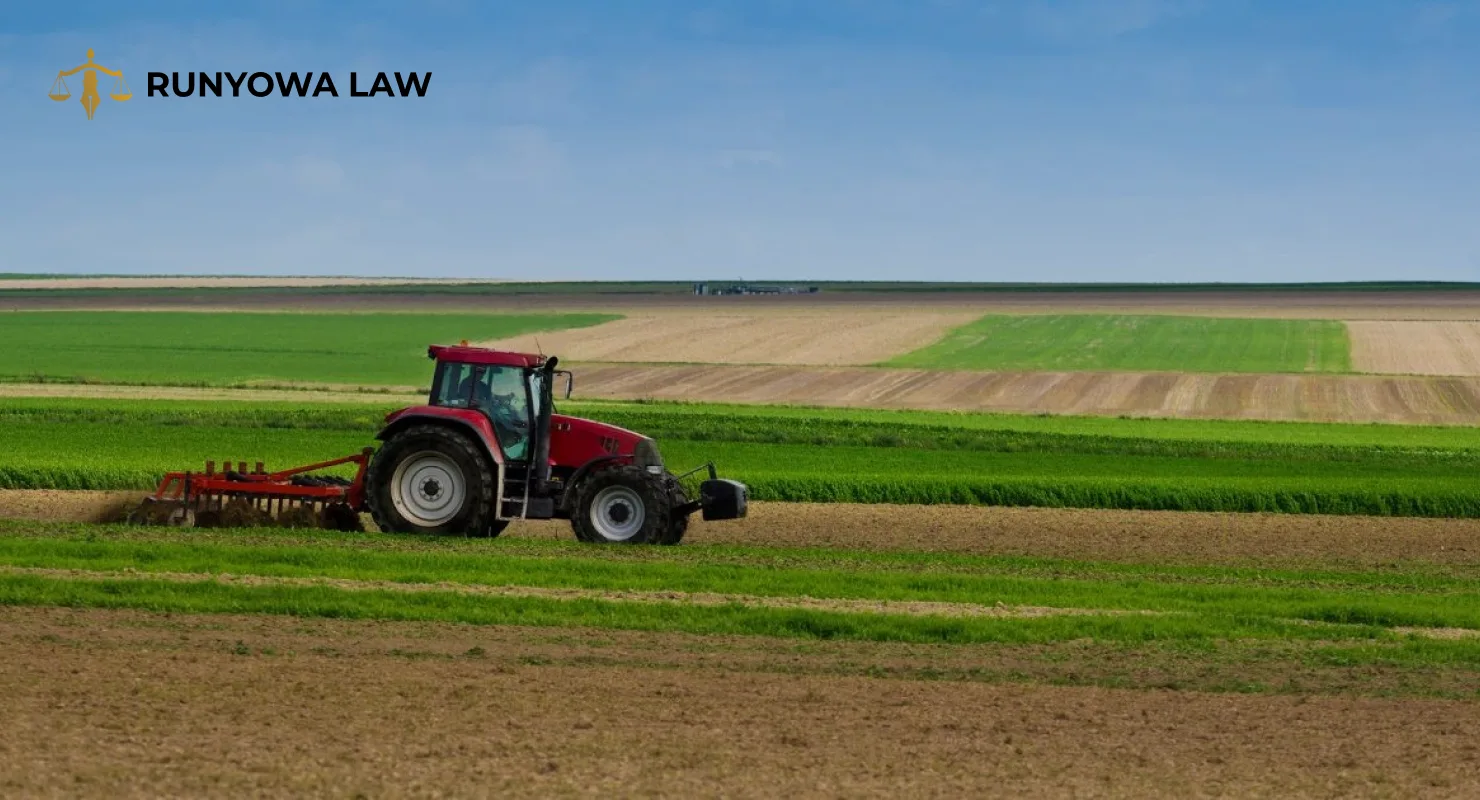Disputes in farming contracts can be costly, stressful, and damaging to relationships between parties. Whether you are a farmer, supplier, or contractor, having a clear dispute resolution mechanism in your farming contract can save time, money, and headaches. In this guide, we’ll explore how to set up dispute resolution in farming contracts effectively and why it’s essential for sustainable business operations.
Why Dispute Resolution in Farming Contracts is Crucial
Farming contracts often involve multiple parties, including landowners, tenants, suppliers, and buyers. Disagreements can arise from payment delays, crop quality issues, delivery schedules, or unexpected weather impacts. Without a structured dispute resolution clause, these conflicts can escalate into legal battles, harming both finances and business relationships.
By incorporating dispute resolution in farming contracts, parties agree upfront on how disagreements will be handled. This proactive approach fosters trust, clarifies responsibilities, and reduces uncertainty, which is particularly important in the agriculture sector where seasonal and time-sensitive operations are critical.
Key Components of Dispute Resolution Clauses
A well-drafted dispute resolution clause in farming contracts should clearly define the process for addressing conflicts. Here are the main components to consider:
1. Scope of Disputes
Specify which types of disputes are covered under the clause. Common examples in farming contracts include:
- Payment or financial disagreements
- Quality or quantity of produce disputes
- Breach of delivery schedules
- Damage to crops or equipment
Being explicit about the scope ensures both parties understand when the dispute resolution process applies.
2. Negotiation
Start with a negotiation step before escalating conflicts. Include a clause requiring both parties to meet and attempt to resolve the issue amicably within a defined timeframe, such as 14 or 21 days. Negotiation encourages cooperation and often resolves issues without legal intervention.
3. Mediation
Mediation involves an impartial third party who helps facilitate communication and find a mutually acceptable solution. This step is cost-effective and preserves professional relationships. Your contract should specify:
- How mediators are selected
- Who bears the cost of mediation
- Timeline for completion
Mediation is particularly effective in farming contracts where ongoing relationships are critical for future operations.
4. Arbitration
If negotiation and mediation fail, arbitration can be the next step. Arbitration is more formal but less time-consuming than court proceedings. Key points to include are:
- Rules governing the arbitration process
- Selection of the arbitrator
- Location and language of arbitration
- Binding or non-binding decisions
Arbitration ensures a fair and enforceable resolution while keeping disputes out of the public court system.
5. Legal Recourse
Even with dispute resolution clauses, parties should retain the right to pursue legal action if other steps fail. The contract should specify the jurisdiction and applicable law, ensuring both parties know where and how legal disputes will be addressed.
Steps to Set Up Dispute Resolution in Farming Contracts
Here’s a practical step-by-step approach to establishing dispute resolution in your farming contracts:
Step 1: Identify Potential Disputes
List all possible disagreements that could arise in your farming operations. This includes issues with crop quality, contract termination, delivery schedules, payment, or property damage. A clear understanding of potential disputes helps you draft a focused and effective resolution clause.
Step 2: Choose the Right Resolution Methods
Decide whether to use negotiation, mediation, arbitration, or a combination. Many contracts use a tiered approach—starting with negotiation, moving to mediation, then arbitration, and finally legal action if needed.
Step 3: Draft Clear Clauses
Write detailed and unambiguous dispute resolution clauses. Include timelines, steps, responsibilities, and costs. The clearer your clauses, the less room there is for confusion or exploitation later.
Step 4: Select Third-Party Professionals
For mediation or arbitration, define the selection process for neutral professionals. Ensure that mediators and arbitrators have experience in agricultural law or farming operations to provide informed resolutions.
Step 5: Specify Timelines
Time is crucial in farming. Set realistic deadlines for each step of the dispute resolution process to avoid delays that could affect harvests, deliveries, or payments.
Step 6: Include Legal Framework
State the governing law and jurisdiction. If your farming contract involves parties from different regions or countries, specifying the legal framework ensures clarity in case disputes escalate to court.
Step 7: Communicate and Train Staff
Make sure all parties involved understand the dispute resolution process. Train farm managers, accountants, or contract administrators on the procedures to follow when a disagreement arises.
Best Practices for Effective Dispute Resolution in Farming Contracts
- Be Proactive: Draft dispute resolution clauses before conflicts occur.
- Keep Communication Open: Regular communication reduces misunderstandings.
- Document Everything: Maintain records of agreements, communications, and transactions.
- Use Experienced Professionals: Legal advisors or agricultural consultants can help draft enforceable clauses.
- Review Contracts Regularly: Farming conditions change, so periodically review and update contracts to reflect current realities.
Common Mistakes to Avoid
- Vague Clauses: Ambiguous language can lead to confusion and weaken enforcement.
- Skipping Mediation: Mediation can save costs and preserve relationships; skipping it may escalate conflicts unnecessarily.
- Ignoring Timelines: Without clear deadlines, resolution processes can drag on and affect operations.
- Neglecting Jurisdiction: Failing to define governing law can create complications in international or inter-state disputes.
Conclusion
Setting up dispute resolution in farming contracts is not just a legal formality—it’s a practical tool for protecting your farm business and maintaining professional relationships. By identifying potential disputes, drafting clear clauses, using negotiation, mediation, and arbitration effectively, and involving experienced professionals, you can reduce conflict risks and ensure smoother operations. Farming is unpredictable enough without disputes adding to the stress, so planning for resolution upfront is always the smartest choice.
FAQs
1. What is a dispute resolution clause in farming contracts?
It is a section in the contract that outlines how disagreements between parties will be handled, including negotiation, mediation, or arbitration.
2. Why is mediation preferred in farming disputes?
Mediation is cost-effective, faster than court, and helps maintain ongoing business relationships by encouraging cooperative solutions.
3. Can I skip arbitration in my farming contract?
Yes, but arbitration provides a binding decision without going to court, which can save time and protect relationships.
4. How do I choose a mediator or arbitrator for farming disputes?
Select professionals experienced in agricultural law or farming operations to ensure informed and fair resolution.5. Is dispute resolution mandatory in farming contracts?
No, but including it protects all parties, reduces legal costs, and ensures smoother operations in case of disagreements.




